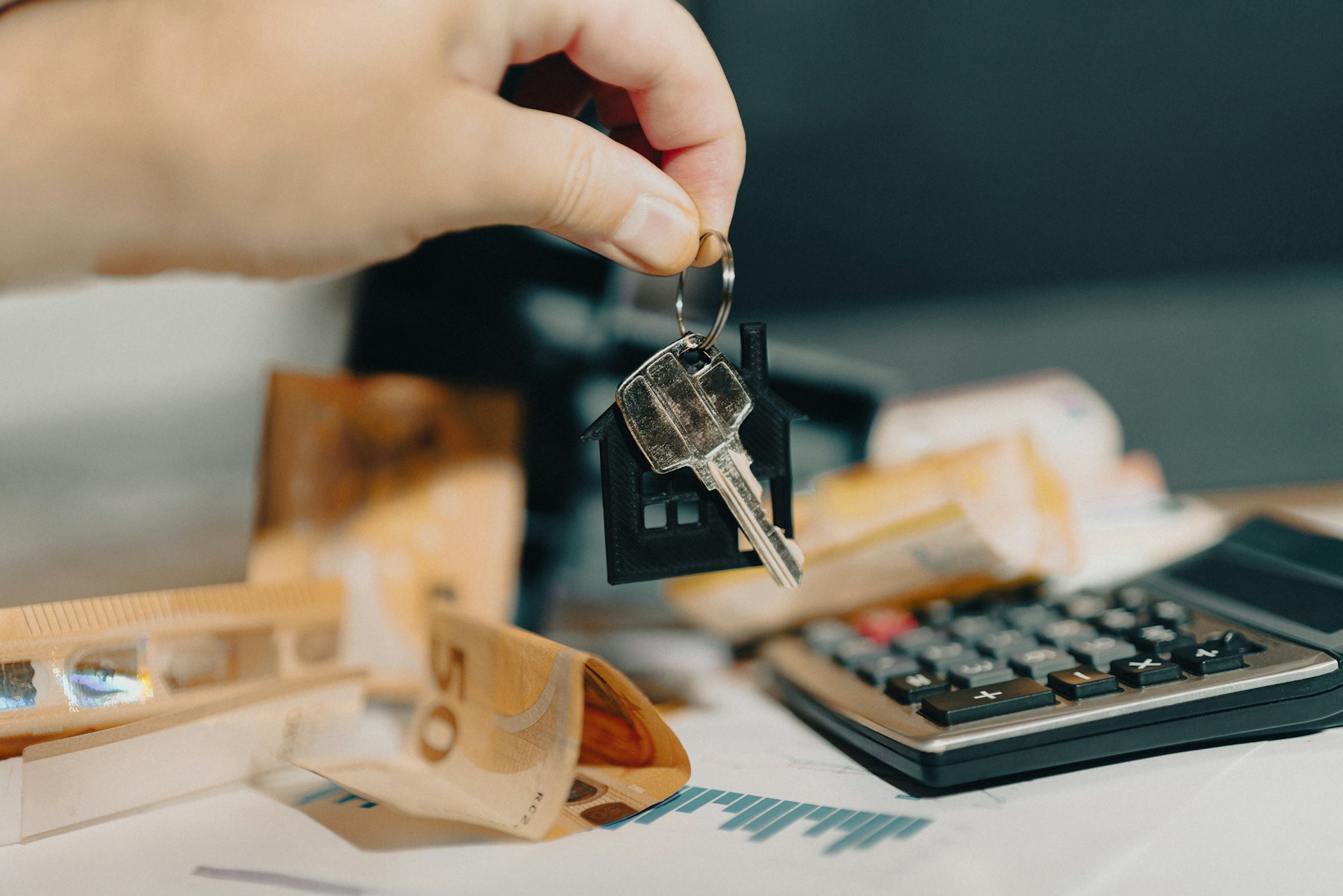How to set the price for your holiday home
What you need to consider when calculating the price of your holiday rental

August 2025
It’s one of the hardest decisions for any landlord: how much do you charge to rent your holiday home? You’ll struggle to make a profit if you set the price too low, but when you set it too high, guests just won’t come. Read these tips and pricing strategies to calculate the ideal price for your holiday rental.

Factors to consider when setting the price of your holiday home
Not all holiday homes are created equal. As you do your research, you’ll probably find an enormous range of prices, from budget apartments to incredibly expensive villas. To get started, it’s important to take a few things into account:
- Location. Where is your property situated? This doesn’t just mean the general area — naturally, a property in London will usually fetch a higher price than one in Leeds. You’ll also have to consider the location within the city. Properties in central London are expensive to rent. If guests are on the outskirts of the city, they’ll expect lower prices.
- Property features. This includes the number of bedrooms as well as any other special details. Features like swimming pools, hot tubs or barbecue areas can all be worth a premium. Even a beautiful view may be enough to push the price up.
- Seasonal demand. Many landlords increase the price of their holiday homes during peak season. Guests are willing to pay a lot to rent a holiday apartment in the centre of Edinburgh when the annual festival is taking place.
- Market trends. This requires you to keep your finger on the pulse of the holiday rental market. Some things are always popular — a seaside villa with a swimming pool, for example. Others may attract a higher price as they fit current trends; when eco-friendliness is a peak consideration for guests, a property with solar panels and similar features will be more appealing.
There are also some personal considerations you should think about before you calculate your holiday rental price:
- How much are your overheads? New landlords often tend to underestimate just how much it costs to run a holiday home. You’ll need to work out all your running costs. That includes mortgage, insurance, taxes, utility bills, the cost of cleaning and maintenance, the amount you spend to advertise your holiday home, and so on.
- How long will your property remain vacant between bookings? As a holiday home owner, you can’t expect to have full occupancy every night of the year. Some areas, such as large cities, are always popular with guests. Others, like alpine cottages or seaside villas, have a more limited season. You’ll need to make enough money to get by and take of maintenance during the off-season, too.
- How much commission does your holiday rental portal take? When you set a price, remember that you might not see all of it in your bank account at the end of the day. Holiday rental websites take a cut, which may be as low as 3% or as high as 16% or more.
How to set your holiday home price through market research
Now that you have some ideas, it’s time to look at your competition. Check the prices of nearby holiday homes. Remember, you’ll need to compare properties similar to yours. If you have a 2-bedroom apartment available, then the price of a 7-bedroom villa is largely irrelevant.
For a landlord who’s just starting out, you have two options: first, you can try to undercut the competition. This is a good strategy to get guests through the door quickly. Once your reviews are starting to build up, you can raise prices. Remember, don’t go too cheap — it will look suspicious and signals low quality, and you may attract undesirable guests.
Alternatively, you might be able to charge more by offering more. Just make it clear in your listing exactly why your property has a premium price — is it a perfect location right on the beachfront, a private swimming pool, or a gourmet breakfast? You may also be able to charge a premium based on the clients you’re trying to attract. In the school holidays, a property with a trampoline and a swing set in the garden will be worth more than one without.
Using dynamic pricing to set vacation home prices
Very few landlords set the same price every night of the year. The more experience you have with holiday rentals, the more clearly you’ll see how the popularity of a property fluctuates. It’s not just about peak vs off-peak season. You might find it easy to fill your property over weekends but struggle to get people in on a Sunday or Monday night.
Dynamic pricing allows you to charge a different price for your holiday home depending on a number of factors. That includes peak seasons, the length of the stay, the day of the week that guests check in, the number of guests and more. To avoid the mathematics, you can download tools that will help calculate dynamic rates for you.
Consider getting help from a professional
If you would like some help setting the price of your holiday letting, it isn’t a bad idea to get seek assistance from a professional. When you sign up to become a Holidu host and advertise your property on the Holidu platform, you will have access to a personal account manager who can help you to set the best price for your rental. With the help of your account manager and the Holidu host tool, you can see the average nightly prices for similar properties in your area, and stay on top of pricing trends in the market – meaning you can set competitive prices.
Attracting guests with discounts and special offers
Everyone loves to feel like they’ve nabbed a bargain. You can take advantage of that by offering guests special deals; for example, they may get 20% off if they make a midweek booking. Some holiday home owners like to offer guests a discount for booking well in advance. This is a particularly good idea if you’re worried about occupancy rates for the season ahead.
Another good idea is offering deals to repeat guests. A guest who comes back regularly is like a bird in the hand. It takes time, effort and money to attract new guests, so you might prefer to focus on customer loyalty. When guests check out, consider sending them an email with a personalised voucher for their next stay.
Of course, always keep your bottom line in mind when you’re offering discounts and deals. You still need to turn a profit at the end of the day! In fact, you might prefer to get creative and think about other ways to incentivise customers. Rather than giving them a discount on the price, consider adding extras that won’t affect your profit too much, like a bottle of champagne on arrival.
You could also communicate with other local businesses. If you have a good relationship with a nearby restaurant or attraction, then they may be willing to work out a deal with you. This will allow you to offer your customers a 2-for-1 meal, for example, or a special price to the local theme park. These deals are a great bonus to customers but one that doesn’t affect your overall profit margins.